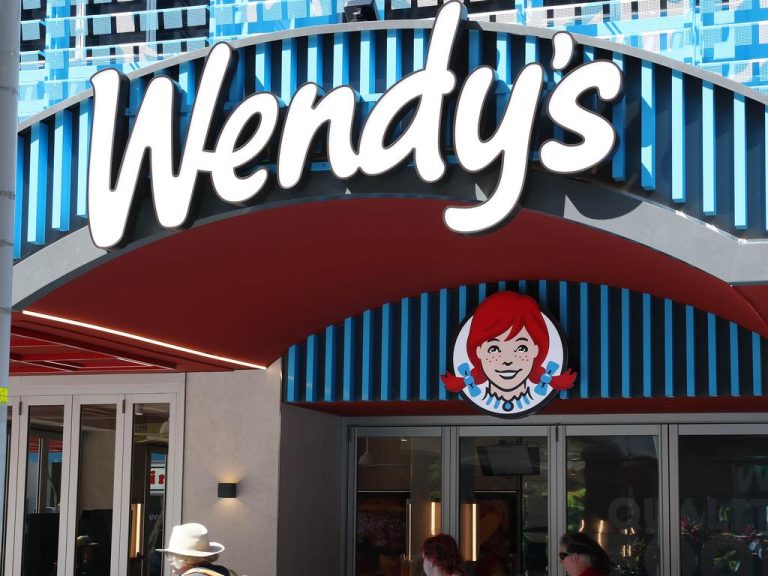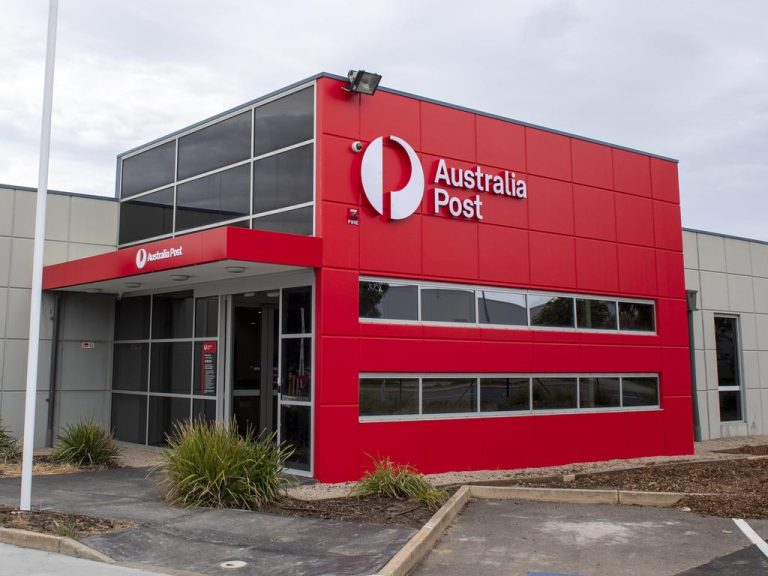Fast food frenzy heats up for hungry property investors
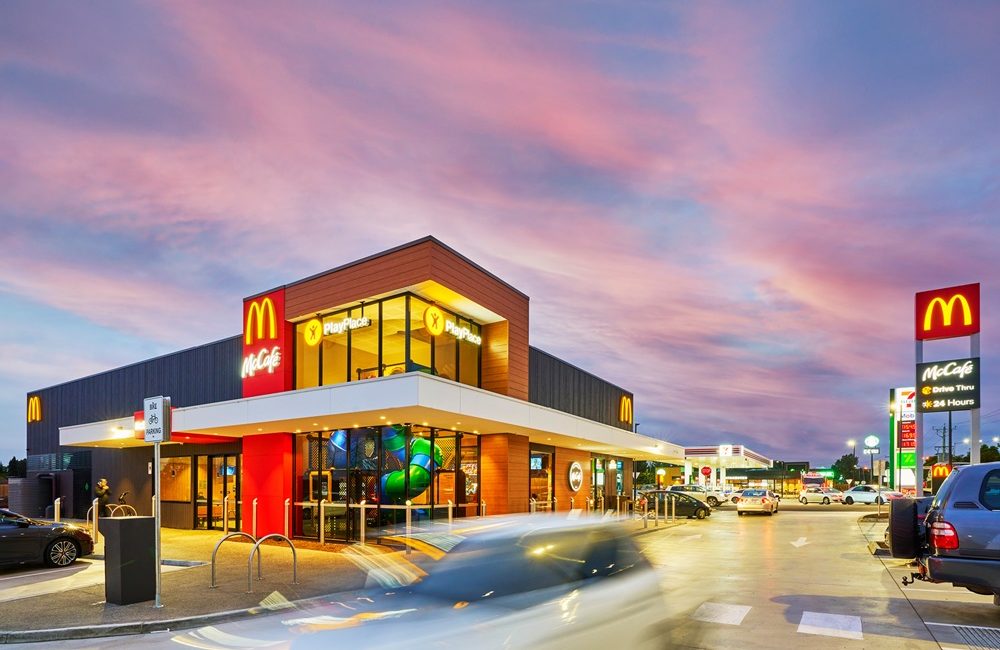
Australia’s fast food real estate market is sizzling, with franchise sites from McDonald’s to Hungry Jack’s hitting the auction block as investors chase recession-proof returns and passive income.
Retail properties from Australia’s most popular fast-food brands are heading to auction over the coming weeks, with local experts predicting strong competition from investors.
Property investors are attracted to fast food real estate because it can offer steady rents from well-known brands with low management hassle and recession-resistant cash flows.
Next week, investors can bid on newly built McDonald’s, Starbucks and El Jannah outlets in Melbourne’s northwest.
Then later in July, a Hungry Jack’s site in Albury-Wodonga will also hit the market, further fuelling investor appetite for fast food real estate.
REA Group senior economist Anne Flaherty said fast food was one of the most desirable options in the retail real estate landscape.
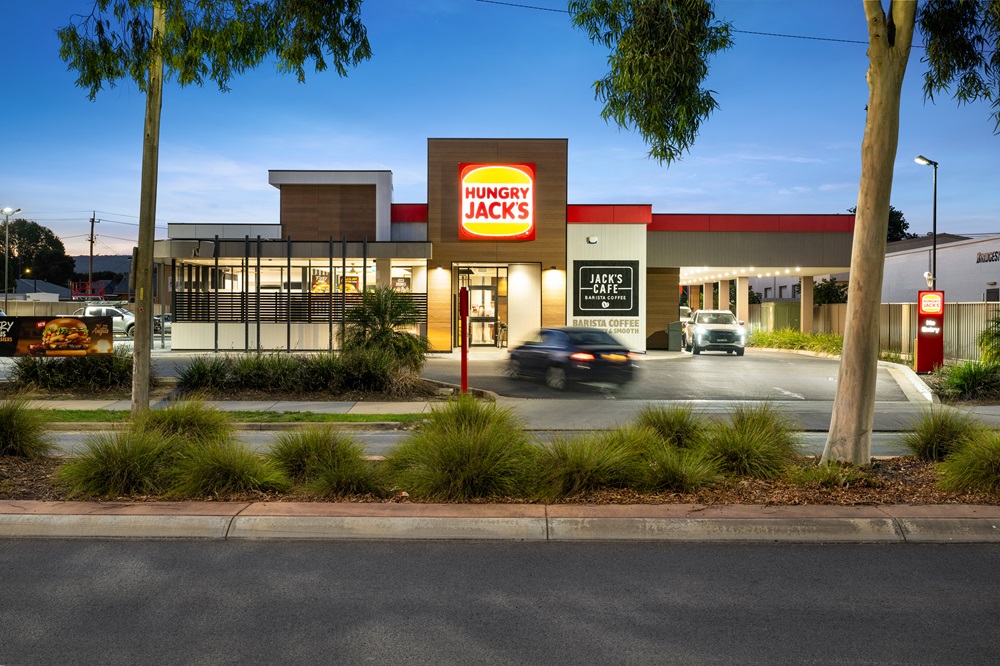
This Hungry Jack’s drive-thru restaurant in Albury-Wodonga generates an annual net income of $203,350. Picture: Supplied
“Fast food outlets from big name brands typically do really well and are in high demand by property investors,” Ms Flaherty said.
“McDonald’s is a classic example of a franchise where we see very strong demand and very strong levels of competition.
“It’s much more of a known quantity, not just to the person buying the property, but also to consumers, so that’s one of the reasons why these assets typically see more interest.
“Additionally, we have a rapidly growing population, and fast food is typically more affordable, so it ticks a lot of boxes as far as retail real estate goes.”
The newly built McDonald’s, Starbucks and El Jannah venues have been offered for sale as standalone assets within Vernacular Property’s newly completed $48 million mixed-use development in St Albans – 17 kilometres northwest of the Melbourne CBD.
Burgess Rawson partner Jamie Perlinger has listed the McDonald’s, Starbucks and El Jannah properties for sale, with an auction planned for Wednesday June 25.
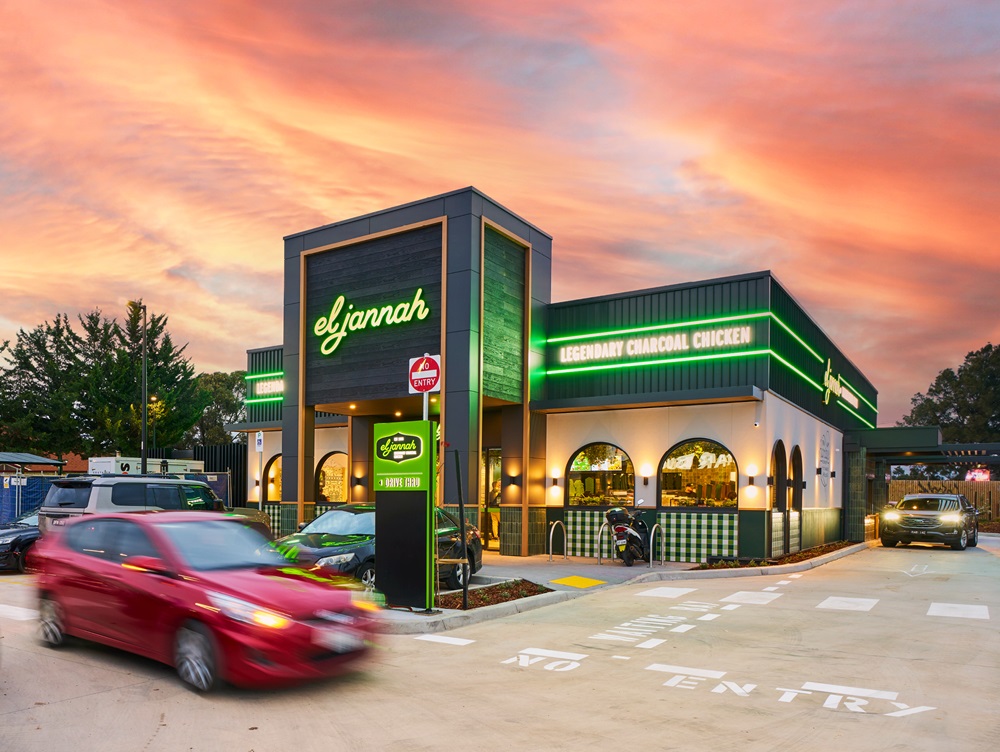
El Jannah’s charcoal chicken has quickly become a crowd favourite. Picture: Supplied
Mr Perlinger said the listing marked the first time since 2015 that a McDonald’s ground lease in Victoria had been offered to the market.
He said the precinct’s excellent exposure and accessibility, close to major ring roads and transport links, ensured strong foot traffic and convenience.
“These factors combine with resilient tenant covenants and structural growth drivers to enhance the assets’ investment appeal,” Mr Perlinger said.
The McDonald’s, Starbucks and El Jannah restaurants were expected to generate annual net incomes of $175,000, $251,000 and $371,000, respectively.
In Albury-Wodonga, the Hungry Jack’s restaurant is situated on a 2,502sqm main road site within a retail precinct surrounded by major brands including Aldi, Petstock and Bridgestone.
RWC Retail joint managing directors Lachlan O’Keeffe and Michael Feltoe have listed the Hungry Jack’s restaurant for auction, which is set for Tuesday July 15.

This Starbucks property is going under the hammer on Wednesday June 25. Picture: Supplied
Mr Feltoe said the campaign was expected to generate significant demand from investors.
“There is arguably no more popular asset type for defensive investors in Australia right now than fast food,” Mr Feltoe said.
“With this property being single tenanted by one of Australia’s most popular brands, this is the ideal passive investment for these buyers.
Mr O’Keeffe said the property came with a secure 15-year lease to 2040, giving the future purchaser peace of mind.
“Not only does this newly built Hungry Jack’s provide outstanding depreciation benefits for the incoming purchaser, but with income security guaranteed for many years to come this is the definition of a set and forget asset,” Mr O’Keeffe said.
The Hungry Jack’s restaurant was said to generate a net income of $203,350 per year, with annual rental increases.
With strong yields, brand recognition and population growth on their side, fast food assets may remain on the menu for investors well beyond this auction cycle.


